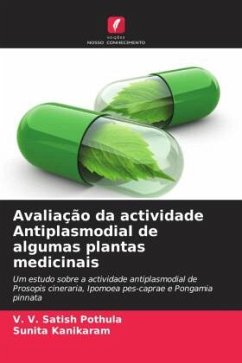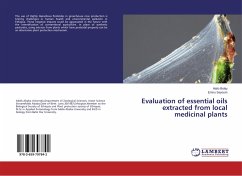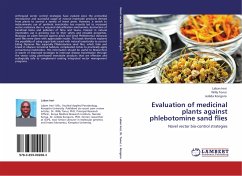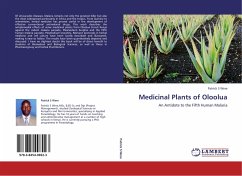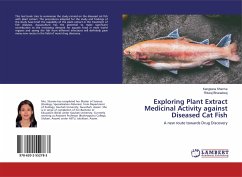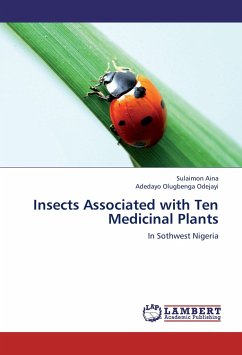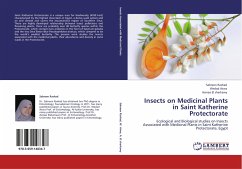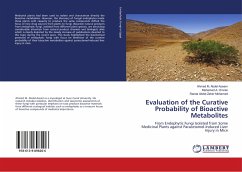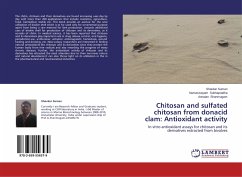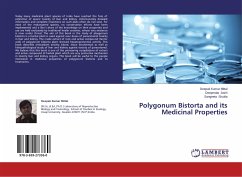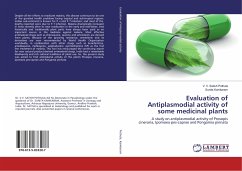
Evaluation of Antiplasmodial activity of some medicinal plants
A study on antiplasmodial activity of Prosopis cineraria, Ipomoea pes-caprae and Pongamia pinnata
Versandkostenfrei!
Versandfertig in 6-10 Tagen
46,99 €
inkl. MwSt.

PAYBACK Punkte
23 °P sammeln!
Despite all the efforts to eradicate malaria, this disease continues to be one of the greatest health problems facing tropical and sub-tropical regions. Indian sub-continent is known for P. v and P. f infection; and most of the deaths reported were due to P. f infection. Malaria dramatically increased in India recently after its near eradication in the early and mid-sixties. And historically and traditionally plant parts have always been used as an important source in the medicine against malaria. Most effective antimalarial drugs such as chloroquine, quinine and artemisinin are derived from p...
Despite all the efforts to eradicate malaria, this disease continues to be one of the greatest health problems facing tropical and sub-tropical regions. Indian sub-continent is known for P. v and P. f infection; and most of the deaths reported were due to P. f infection. Malaria dramatically increased in India recently after its near eradication in the early and mid-sixties. And historically and traditionally plant parts have always been used as an important source in the medicine against malaria. Most effective antimalarial drugs such as chloroquine, quinine and artemisinin are derived from plants. Because of the growing resistance, artemisinin and its derivatives are now recommended by World Health Organization worldwide, in combination with other drugs such as lumefantrine, amodiaquine, mefloquine, sulphadoxine- pyrimethamine (SP) as the first line treatment of malaria. This fact has encouraged the continuing search for new natural product-derived antimalarial drugs. India hada remarkable biodiversity and rich cultural traditions of plant use. So, the present study was aimed to find antimalarial activity of the plants Prosopis cineraria, Ipomoea pes-caprae and Pongamia pinnata.



